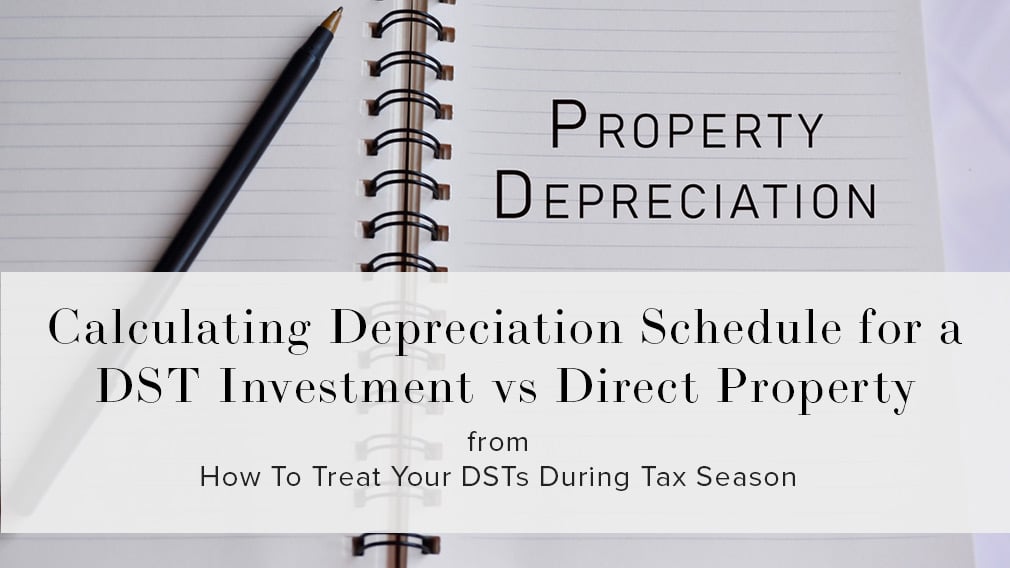Page 17 161 - 170 of 278
Is Inheritance Taxed as Income?

Leaving an inheritance to your loved ones is an excellent way to care for them after you’re gone. However, you may wonder if your beneficiaries will have to pay taxes on the assets they receive as part of your estate.
What Is Ad Valorem Tax, and How Do You Calculate It?

An ad-valorem tax is a tax that is levied on the assessed value of real or personal property. The Latin term ad-valorem translates to English as “according to value.” These taxes can be annual taxes like property assessments or transactional taxes like sales taxes.
What Is Tax Assessed Value, and How Do You Calculate It?

Paying taxes is unavoidable in making money, whether you earn income through wages or investments. However, investors can seek to manage their tax liabilities through various means, including deferral. One valuable tool is understanding the different taxes, how they apply to your investment holdings, and how the tax amount is determined.
What Is Net Operating Income on a Rental Property?

If you google the term “metrics used for rental properties,” the 54 million results offer a plethora of acronyms and phrases, presented as thought leadership articles and blogs in the format of “Top-10” listicles or “important metrics” information..
Is Foundation Repair Tax Deductible on a Rental Property?

We’ve mentioned in previous blogs that investment in real estate—specifically, real estate that you buy as an investment and rent to others—comes with a plethora of deductions that can be used to offset income reported on your annual tax return.
How Can I Shelter My Income from Taxes?

Mention the term “tax shelter” and what might come to mind are millionaires and billionaires who turn to offshore accounts (or Switzerland) to stash their funds so the U.S. government doesn’t tax them.
[Webinar Recap] How to Treat Your DSTs During Tax Season: Calculating Your Depreciation Schedule

Here at Realized, we help our clients use 1031 Exchanges to invest in DSTs, or Delaware Statutory Trusts. DSTs are an investment vehicle that allow investors access to fractional ownership of professionally managed commercial real estate. By having fractional ownership of a property, an investor can potentially build a unique portfolio of real estate investments without having to manage the properties themselves or secure the entire financing for the investment upfront.
What Is Tax Form 8948 and What Is It Used For?

Taxpayers and tax preparers must deal with a plethora of tax forms, some well-known, others more obscure. Knowing which ones you need (or your client needs) to file is vital to successfully fulfill your responsibilities and achieve the goal of an accepted return.
Do You Have to Pay Taxes on a Trust Inheritance?

Estate planning is crucial to ensure the capital and assets you’ve spent your career amassing remain with the beneficiaries of your choosing.
How Do I File a Late 1099-MISC Form?

Businesses document compensation paid to non-payroll employees and vendors using various 1099 forms. Gig workers, freelancers, and independent contractors receive a 1099-MISC, typically sometime in mid to late January, if they’ve earned more than $600 in compensation in a financial year.
Page 17 161 - 170 of 278


